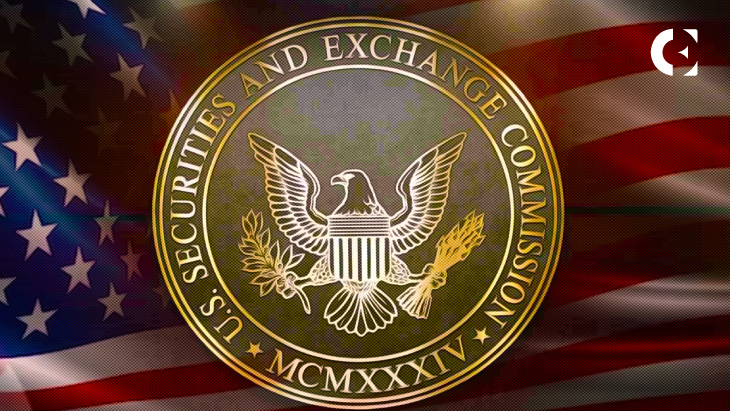- SEC apologizes for misleading judge to freeze crypto firm assets based on inaccurate claims.
- Judge scolds agency for potentially undermining case integrity with false statements.
- DEBT Box, the accused firm, challenged the SEC’s accusations and exposed factual errors.
On Thursday, attorneys representing the Securities and Exchange Commission (SEC) apologized to U.S. District Judge Robert Shelby. The apology comes in response to the SEC’s admission of misrepresenting facts to obtain a restraining order and asset freeze against crypto firm Digital Licensing Inc., also known as DEBT Box.
In a filing submitted to the U.S. District Court of Utah, the SEC attorneys acknowledged the error, stating, “The commission deeply regrets these orders.” They also committed to organizing mandatory training sessions for staff members who played a role in the investigation.
The controversy arose from the SEC’s litigation against DEBT Box in July, where the regulatory body alleged that the crypto firm had defrauded investors of nearly $50 million. The regulator sought a temporary restraining order and asset seizure against the firm and its directors. Part of the arguments it tendered in obtaining that order was that DEBT Box attempted to relocate its operations overseas to evade regulatory oversight.
To prevent DEBT Box from depleting its bank accounts before the SEC could intervene, the agency submitted an ex parte application. This legal maneuver meant that the firm was not notified of the proceedings and had no opportunity to challenge the motion in court.
Following the judge’s approval, the defendants contested the SEC’s representation of facts. They pointed out that, contrary to the SEC’s claims, it was the bank that had closed some of its accounts, not the project itself. Additionally, the defendants argued that the company had transferred a significant portion of its operations months before the lawsuit rather than immediately preceding it.
In light of the disclosure, the judge issued a stern order demanding that the SEC clarify its actions. The judge expressed deep concern, stating that he was troubled by the possibility that the agency had made materially false and misleading representations that had the potential to undermine the integrity of the proceedings.
Disclaimer: The information presented in this article is for informational and educational purposes only. The article does not constitute financial advice or advice of any kind. Coin Edition is not responsible for any losses incurred as a result of the utilization of content, products, or services mentioned. Readers are advised to exercise caution before taking any action related to the company.







